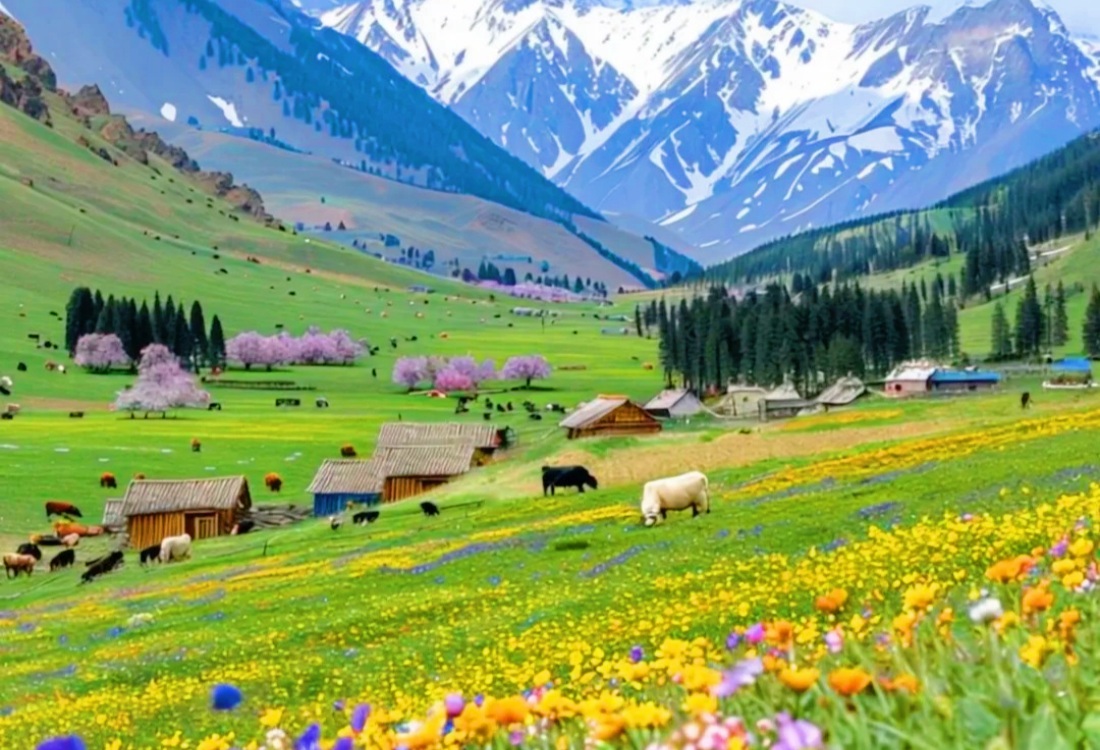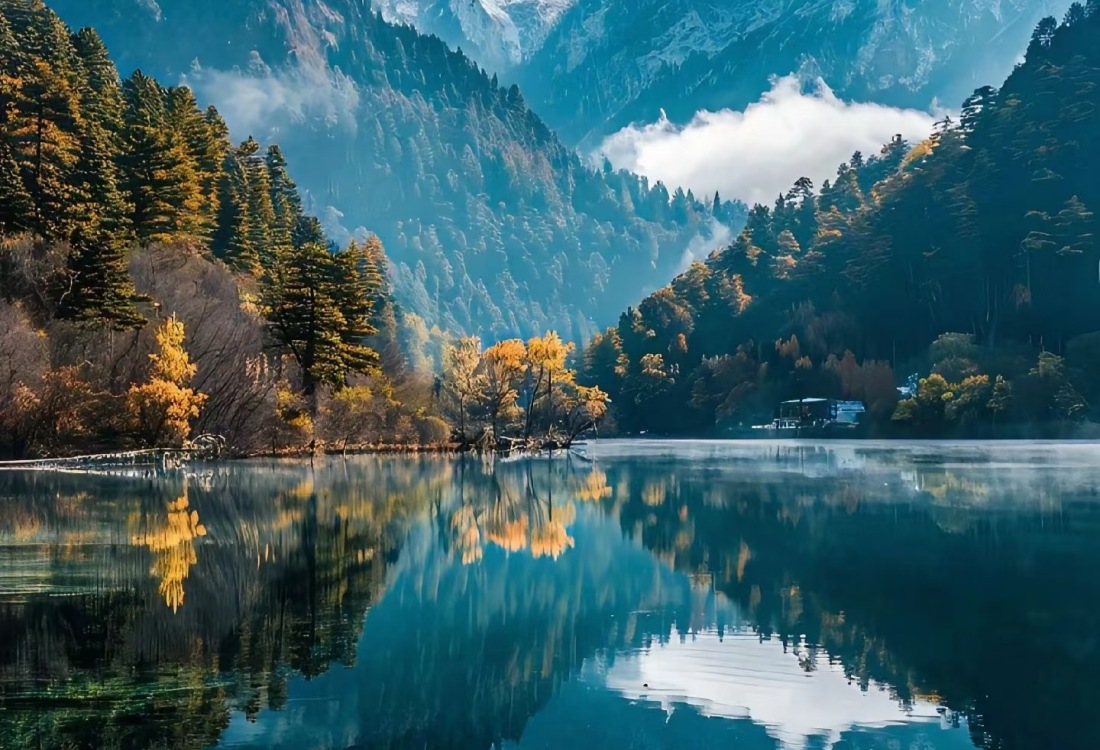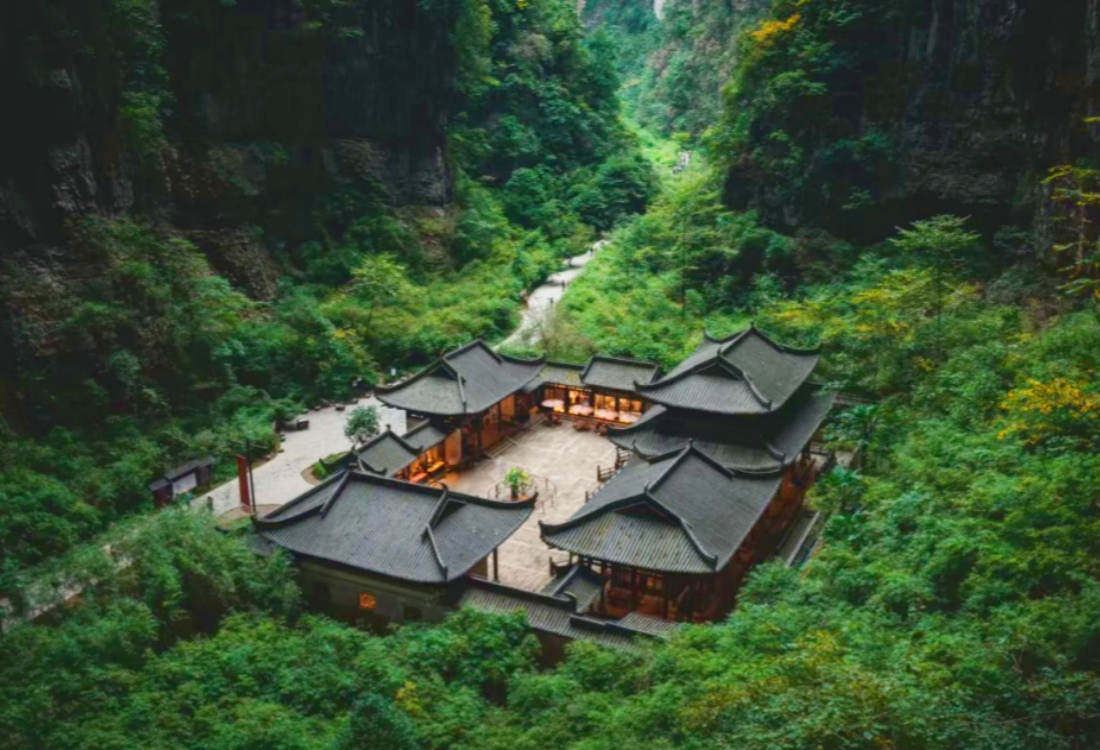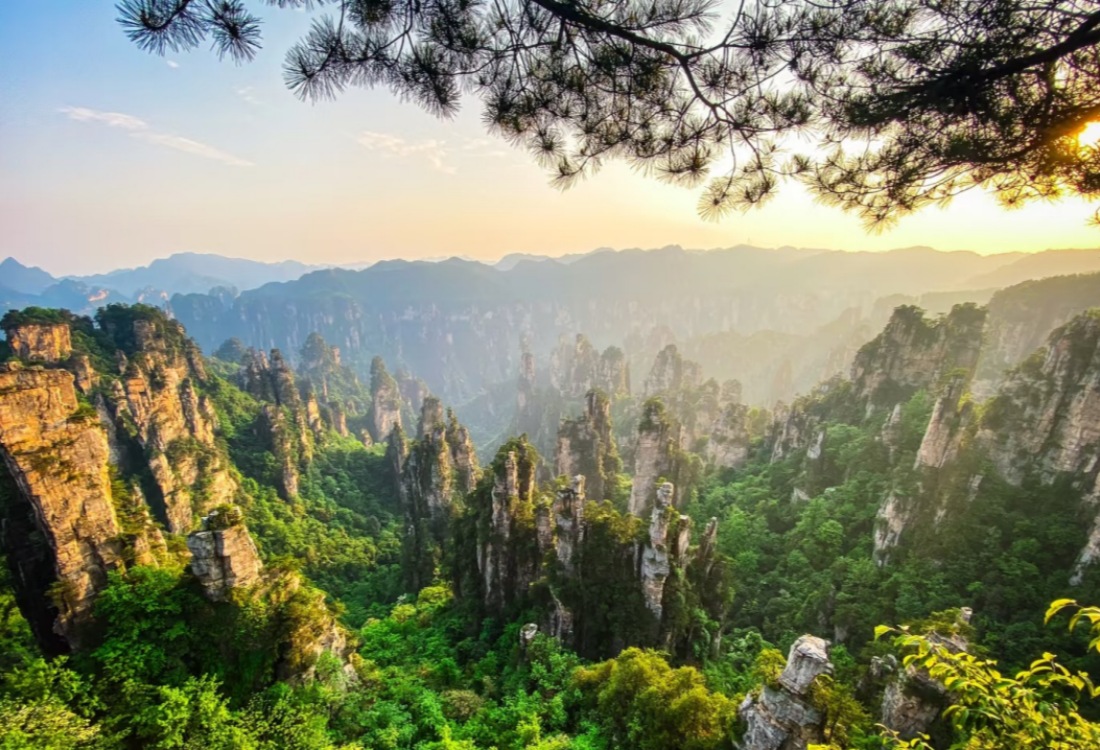Table of Contents
ToggleXinjiang, China’s vast and diverse autonomous region, offers a striking blend of dramatic landscapes, ancient Silk Road heritage, and rich cultural diversity.
In summer, the region truly comes to life, with warm temperatures, clear skies, and the vibrant colours of the desert and alpine landscapes. From the oasis cities of the Tarim Basin to the towering peaks of the Tianshan Mountains, Xinjiang has something for every traveller seeking an unforgettable adventure.
Here’s your expert guide to the top places to visit in Xinjiang during the summer months.
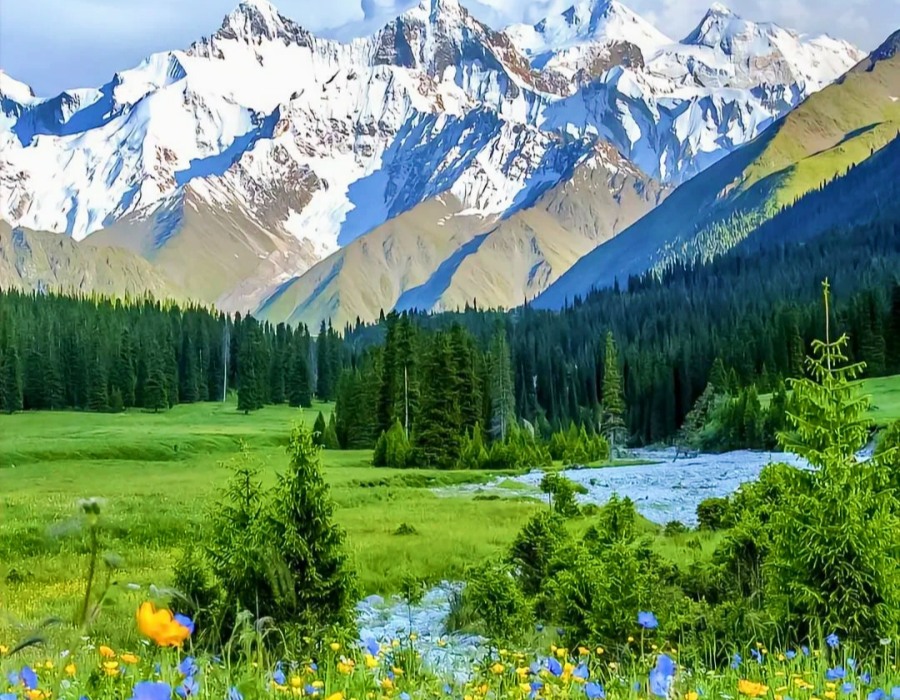
What’s Summer Weather Like in Xinjiang?
Xinjiang’s climate is as diverse as its landscapes, with vast deserts, lush oases, and towering mountains creating a variety of weather conditions. In summer, temperatures can range from 25°C to 40°C (77°F to 104°F) in the lowlands, especially in cities like Urumqi and Turpan, while the cooler high-altitude areas like the Tianshan Mountains can offer more moderate temperatures. Although summer is generally dry, the evenings tend to be cooler, making it an ideal time to explore Xinjiang’s many outdoor attractions.
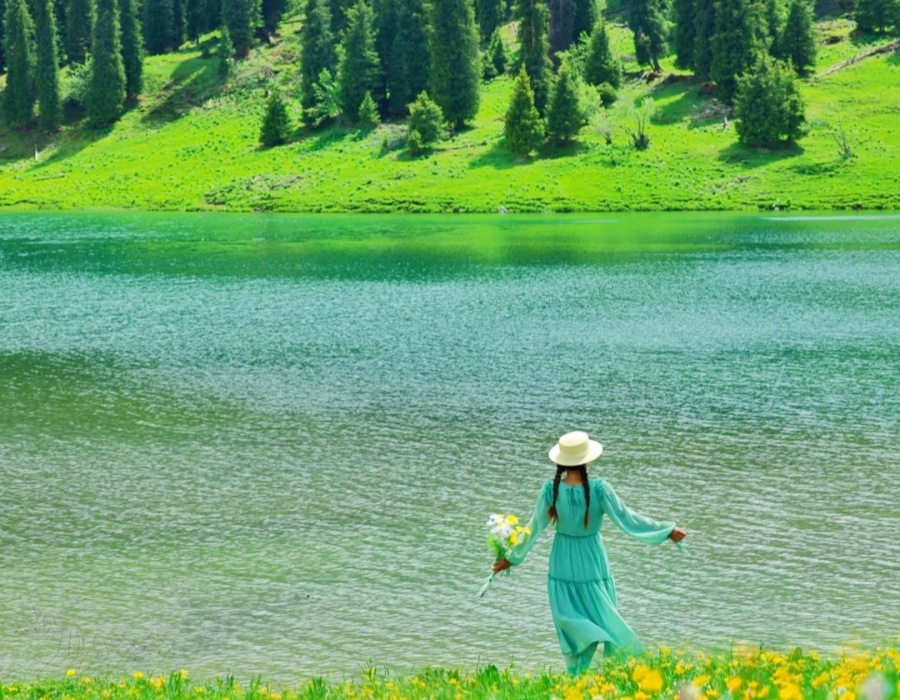
What to Wear and Pack for Summer in Xinjiang
It’s recommended to bring sunscreen, hats, and light clothing for daytime, along with warmer layers for the evening.
Top Attractions to Visit in Xinjiang During Summer
Xinjiang is home to some of the most unique and dramatic landscapes in China. Summer offers the best conditions to explore its iconic destinations, from the Taklamakan Desert to the verdant highlands.
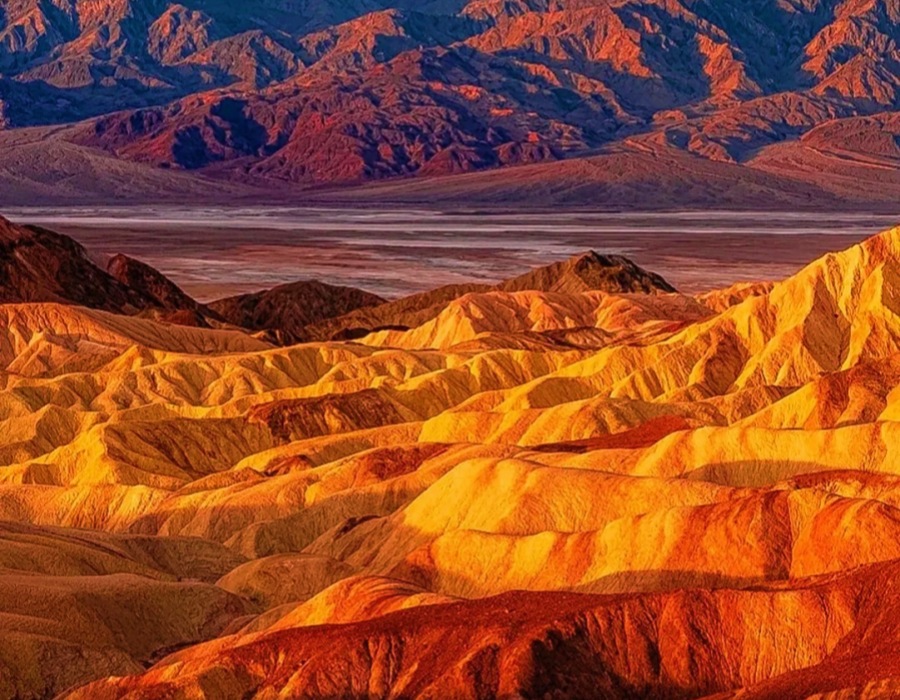
Turpan: Oasis of the Desert
Turpan, located in the heart of the Taklamakan Desert, is an ancient oasis city that thrives in the summer. The region is famous for its dramatic landscapes, including the Flaming Mountains and the Karez irrigation system. Summer is an ideal time to visit, as the desert heat enhances the unique colours of the flaming peaks, which glow red under the midday sun. Don’t miss the historic Jiaohe Ruins, the ancient city of Gaochang, and the Bezeklik Thousand Buddha Caves, which offer a glimpse into the region’s rich history and Buddhist heritage.
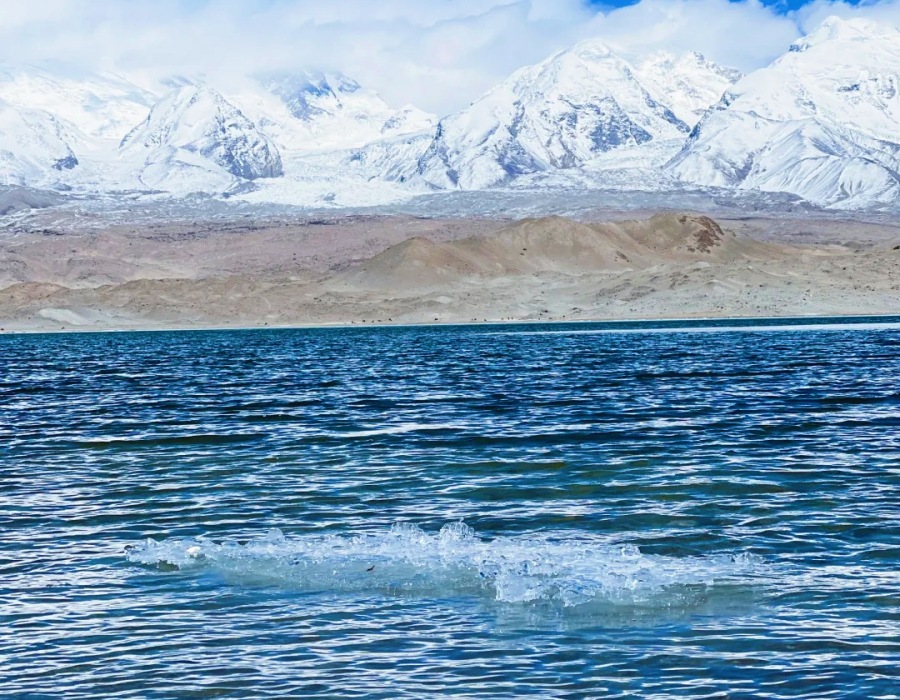
Karakol Lake: A Hidden Gem in the Tianshan Mountains
Located in the Tianshan Mountain range, Karakol Lake is a pristine alpine lake that becomes even more picturesque during the summer months. The clear blue waters of the lake are set against the backdrop of snow-capped peaks, making it an ideal spot for hiking, camping, and photography. The surrounding area is rich in flora and fauna, with blooming wildflowers and lush meadows, offering a refreshing escape from the heat of the lowlands. Summer is also the best time for boat rides on the lake and enjoying picnics by its shores.
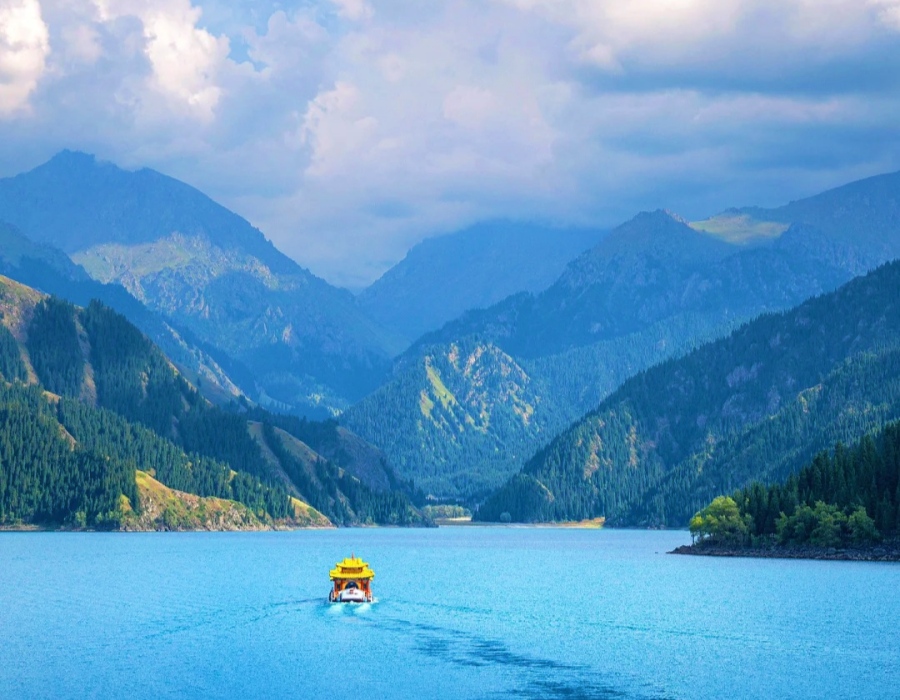
Urumqi: The Gateway to Xinjiang
Urumqi, the capital of Xinjiang, is a modern city surrounded by natural beauty, making it a perfect base for exploring the region. During the summer, the city’s proximity to the Tianshan Mountains allows visitors to enjoy the cool mountain air and visit the nearby Heavenly Lake (Tianchi). This picturesque alpine lake is surrounded by dramatic peaks and offers opportunities for boat rides, hiking, and picnicking. Urumqi is also home to vibrant markets, where you can sample Xinjiang’s famous lamb skewers, hand-pulled noodles, and freshly baked naan bread.
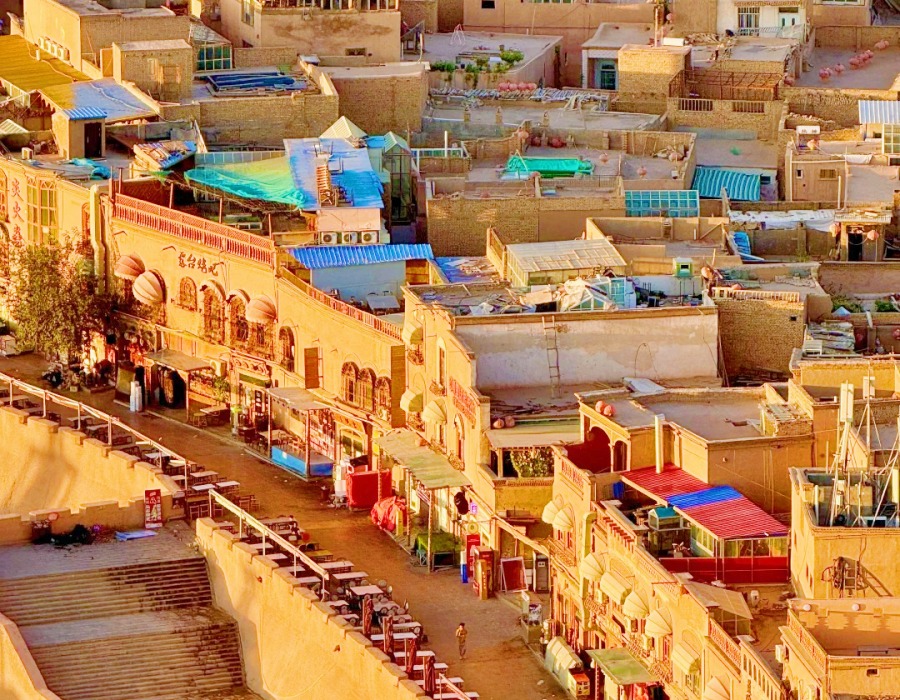
Kashgar: A Journey Through Time and Culture
Kashgar, a historic city located at the westernmost tip of Xinjiang, is a must-visit destination for anyone interested in the Silk Road. Summer is an excellent time to experience Kashgar’s bustling markets, where you can find traditional Uyghur crafts, spices, textiles, and fresh fruits. The ancient Id Kah Mosque, the largest mosque in China, and the historical Old City of Kashgar are fascinating spots to explore, with their centuries-old architecture and vibrant culture. You can also take a scenic drive through the stunning Karakoram Highway, which links Xinjiang to Pakistan, and visit the famous Kyzyl Kala ruins.

Tashkurgan: The Gateway to the Pamirs
For a truly off-the-beaten-path experience, head to Tashkurgan, a remote town located near the Tajikistan border. Surrounded by the towering peaks of the Pamir Mountains, this high-altitude region offers some of the most stunning landscapes in Xinjiang. In summer, the lush green valleys contrast dramatically with the rugged snow-covered peaks, making it a paradise for trekkers and photographers. Tashkurgan is also home to the unique Tajik people, whose culture and traditions provide a fascinating glimpse into the diversity of Xinjiang.
Things to Keep in Mind When Visiting Xinjiang in Summer
Prepare for Desert Heat
Xinjiang’s summer temperatures can be intense, particularly in the lowland areas like Turpan and Urumqi. It’s essential to stay hydrated, wear a wide-brimmed hat, and apply sunscreen regularly. Lightweight, breathable clothing will help you stay cool during the day, while a jacket may be necessary for cooler evenings, especially in the mountainous regions.
Altitude Considerations
If you’re visiting high-altitude areas like the Tianshan Mountains or Tashkurgan, be aware that altitude sickness can occur. Take time to acclimatise and avoid strenuous activity for the first few days. Drink plenty of water and avoid alcohol to help your body adjust to the higher elevations.
Be Mindful of Cultural Sensitivities
Xinjiang is home to a rich and diverse mix of ethnic groups, including Uyghurs, Kazakhs, Tajiks, and others. Be respectful of local customs and traditions, especially when visiting religious sites or interacting with local communities. Dressing modestly and being mindful of local etiquette will help ensure a respectful and enjoyable experience.
Summer is the Best Time to Visit Xinjiang
Summer (June to August) is the most popular time to visit Xinjiang due to the favourable weather conditions, especially in the desert and mountainous regions. However, the region can get quite crowded during peak travel season, particularly in cities like Urumqi and Kashgar. For a more peaceful experience, consider visiting in the early morning or late afternoon to avoid the midday heat and crowds.

